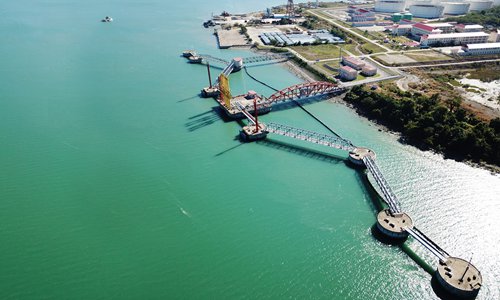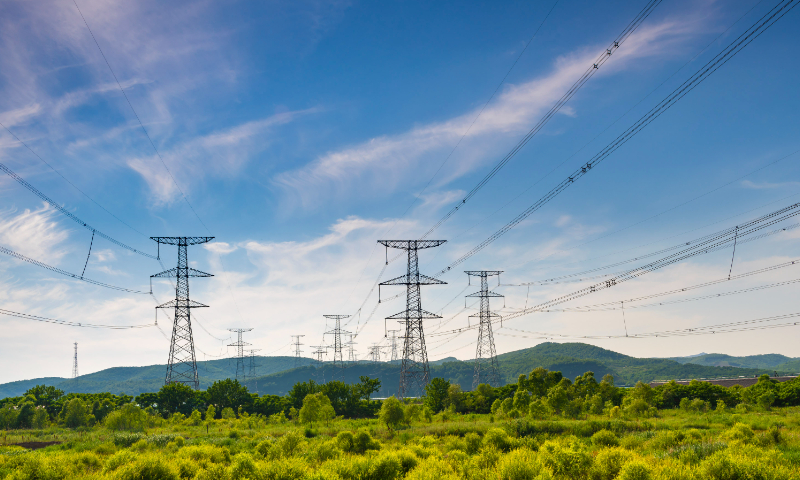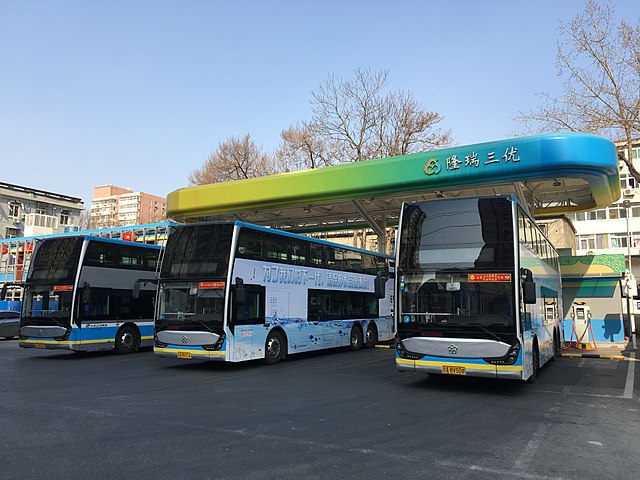In China, the electricity supply is generally stable and available 24 hours a day throughout the year, but there are several factors that can affect this consistency:
-
Energy Mix and Transition: China's electricity sector is heavily reliant on coal, which accounted for 62% of electricity generation in 2021. The country is transitioning towards renewable energy to achieve carbon neutrality by 2060. This transition involves significant investments in wind, solar, and other renewable sources, which can affect electricity supply costs and infrastructure.
-
Renewable Energy and Grid Stability: As of 2023, China has a substantial installed capacity of renewable energy, including wind and solar. However, the intermittency of these sources requires enhancements in grid stability and energy storage solutions to ensure a constant supply.
-
Weather and Climate Impact: Extreme weather conditions, such as heatwaves and droughts, can lead to increased electricity demand and potential shortages. For instance, high temperatures can spike electricity loads due to air conditioning use, and droughts can reduce hydroelectric power output.
-
Infrastructure and Grid Development: China has two main power grids, the State Grid and the China Southern Power Grid, which were interconnected in 2011. The government is investing in ultra-high voltage transmission technology and smart grid solutions to improve efficiency and reduce energy shortages.
-
Policy and Market Reforms: The Chinese government is implementing policies to support low-carbon technologies and establish a unified national power market. These reforms aim to enhance the electricity market's competitiveness and reliability.
-
Regional Disparities: There are geographical mismatches between energy production sites and industrial centers, which can lead to regional disparities in electricity supply. Efforts are being made to address these through infrastructure investments and policy support.
Overall, while China generally maintains a 24-hour electricity supply, the factors mentioned above can influence the stability and cost of electricity throughout the year. The country's ongoing transition to renewable energy and grid modernization efforts are crucial for ensuring a reliable electricity supply in the future.




/cdn.vox-cdn.com/uploads/chorus_asset/file/25460210/google_ai_overview_example.png)


:max_bytes(150000):strip_icc()/GettyImages-2149615639-6e373316e10e4016b33477ad5755e8ed.jpg)
